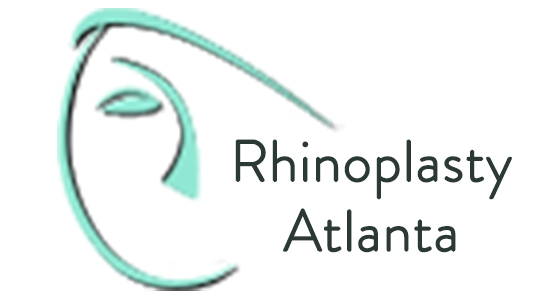 Many people assume that Rhinoplasty is solely a cosmetic procedure. When a nasal trauma occurs, both functional and cosmetic damage can be sustained, making breathing difficult or leaving behind potential complications for the future.
Many people assume that Rhinoplasty is solely a cosmetic procedure. When a nasal trauma occurs, both functional and cosmetic damage can be sustained, making breathing difficult or leaving behind potential complications for the future.
A broken nose is a serious issue that can be corrected with prompt medical attention and, subsequently, the skilled hand of an aesthetic facial plastic surgeon. Dr. Peter Abramson and his team of experts at Rhinoplasty Atlanta can skillfully reconstruct a damaged nose using the most up-to-date techniques available today.
Types of Nasal Trauma
Every nose is different; therefore, every nasal injury is also unique. Any trauma to the nose can create breakage, strange sensations, and other damaging effects. Every case of nasal trauma, just like every case of Rhinoplasty, must be handled on an individual basis and focused on the patient’s unique needs. There are many forms of nasal injury which may include:
- Broken Nose: Typically, Involves a break in the bones and/or cartilage of the nose. Patients who experience a broken nose often suffer from immediate pain, swelling, and severe bruising widespread around the nasal area. Broken noses that are left untreated tend to heal crookedly or with a hump or bump along the bridge.
- Blocked/Restricted Airway: Nasal damage that affects the deep interior of the nose can lead to breathing issues, sinus troubles, and some forms of sleep apnea that can affect slumber patterns and overall health.
- Compound Damage: Many athletes or victims of repeated abuse may suffer from multiple nasal breakages that can build upon one another over time.
- Blood Clots: When the nose sustains trauma, there is a chance of the formation of a blood clots. Untreated, the clot can deteriorate cartilage and cause a collapse. This deformity is commonly called Saddle Nose.
Procedure Preparation
Prior to a Post-Traumatic Rhinoplasty procedure, Dr. Abramson recommends that patients adhere to standard pre-op guidelines to allow for patient safety and maximum post-op results as follows:
- Eat a healthy diet rich in nutrients.
- DO NOT smoke in the weeks surrounding the procedure.
- DO NOT take pain medication containing aspirin or ibuprofen.
- Provide Dr. Abramson with a list of any medications that are taken regularly.
- DO NOT eat or drink after midnight the night before the procedure.
- DO NOT wear makeup or contact lenses to surgery.
- Patients must have a friend or relative drive them to and form the procedure.
About the Procedure
When a nasal injury occurs, Post-Traumatic Rhinoplasty becomes a restoration effort, to help reverse the effects of trauma. The scope of surgery will depend on what type of damage is involved, but the procedure will typically last one to two hours and be performed under general anesthesia. Incisions may be placed inside the nostrils (Closed Rhinoplasty) or just beneath the tip of the nose between the nostrils (Open Rhinoplasty). During the procedure, Dr. Peter Abramson will likely need to lift the skin of your nose to access the bones and cartilage underneath. These will be reshaped as closely to your old structure as possible or into the new, desired shape discussed in your Rhinoplasty consultation. Once the necessary changes have been completed, the skin is replaced and the incisions are closed.
Aftercare and Recovery
Once your procedure is complete, you will be sent home with a splint and structural supports in place around your nose, which will help to set the form of the cartilage and bones. These supports will also protect it from harm as you rest, relax, and give yourself the time to recuperate. Most Rhinoplasty patients experience some level of pain and discomfort for the first few days. These symptoms can be managed with pain medication. In addition, you may be asked to care for yourself with antibiotics, a saline nasal spray, bandage changes, and more. Bruising is mostly gone after a week and you can use concealing makeup if you wish. Swelling, however, can last a number of weeks or months though residual swelling usually affects just the nasal tip.
Rhinoplasty Atlanta uses innovative, state-of-the-art techniques and instruments to perform aesthetic procedures for patients throughout the Metro Atlanta, GA area including Alpharetta, Roswell, Sandy Springs, Marietta, and Johns Creek. Call 404/297-1789 today to schedule a personal consultation with Dr. Abramson to determine if Post-Traumatic Rhinoplasty is right for you.
